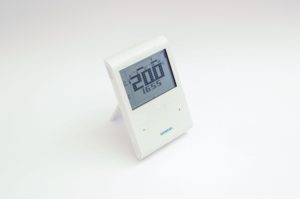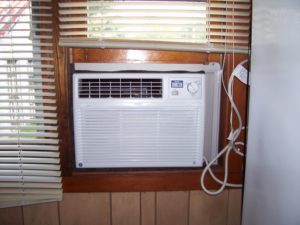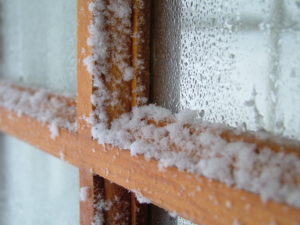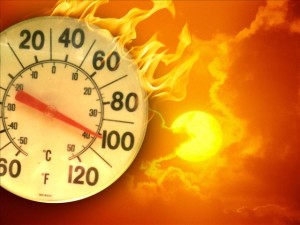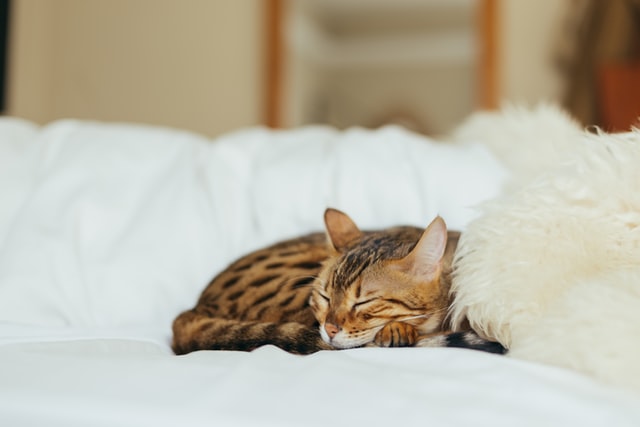
One of the best things you can do for your HVAC system is frequently change or clean its air filters. Clean air filters improve indoor air quality at home and help keep your unit efficient. In this post, the experts at Kinkaid discuss how to replace AC filter FAQs.
The Importance of Clean Air Filters
Air quality is often worse indoors than it is outside. Here’s what the air filters in your home help catch:
- Dust and dirt
- Pet hair
- Pollen
- Dander
- Mold and mold spores
- Bacteria and other microorganisms
- Fibers and lint
Air pollutants like these can exacerbate symptoms in allergy and asthma sufferers. If you or others in the home frequently experience runny noses, sneezing, coughing fits, headaches and nausea, poor air quality may be at work (always consult a doctor about symptoms first).
What are MERV Ratings on HVAC Filters?
The Minimum Efficiency Reporting Value (MERV) rating of an air filter indicates how effective it is. The higher an air filter’s MERV rating is, the smaller the particles it can trap. This means a higher MERV rating means you’re getting a more efficient filter. Residential HVAC units can use air filters with a MERV rating of up to around 12 before it becomes too difficult to push air through (higher MERV ratings, like 20, are typically reserved for medical settings). Your local Kinkaid HVAC technician can recommend the best MERV rating for your home.
How Do Reusable Air Filters Work?
Washable or reusable air filters are a more eco-friendly option. These typically last for several years before they need to be replaced. Reusable air filters with high MERV rating can be difficult to find. Households where allergies or other respiratory challenges are a concern might benefit from using HEPA-type filters instead.
How Do I Replace My A/C Air Filter?
You might have one to three (or more) return vents that pull air into your unit to be cooled (depending on the size of your home). To replace an air filter:
- Remove the grate in front of the return vent.
- Check the old air filter for sizing (dimensions are often printed on the side of the filter’s frame).
- Insert the new filter, ensuring any arrows printed on the frame point toward your ductwork, where air is being drawn in.
As a general rule of thumb, replace or clean air filters every 90 days. This number will vary depending on your location, lifestyle and number of pets in the home. Aside from frequently replacing air filters, the best way to keep your unit efficient is to schedule annual maintenance from an HVAC professional.
Call Kinkaid For HVAC Maintenance
Kinkaid proudly serves Montgomery, Bucks, Philadelphia and Chester Counties. We offer residential and commercial installation, maintenance and repairs on all makes and models of HVAC equipment. Contact us today to get started!
